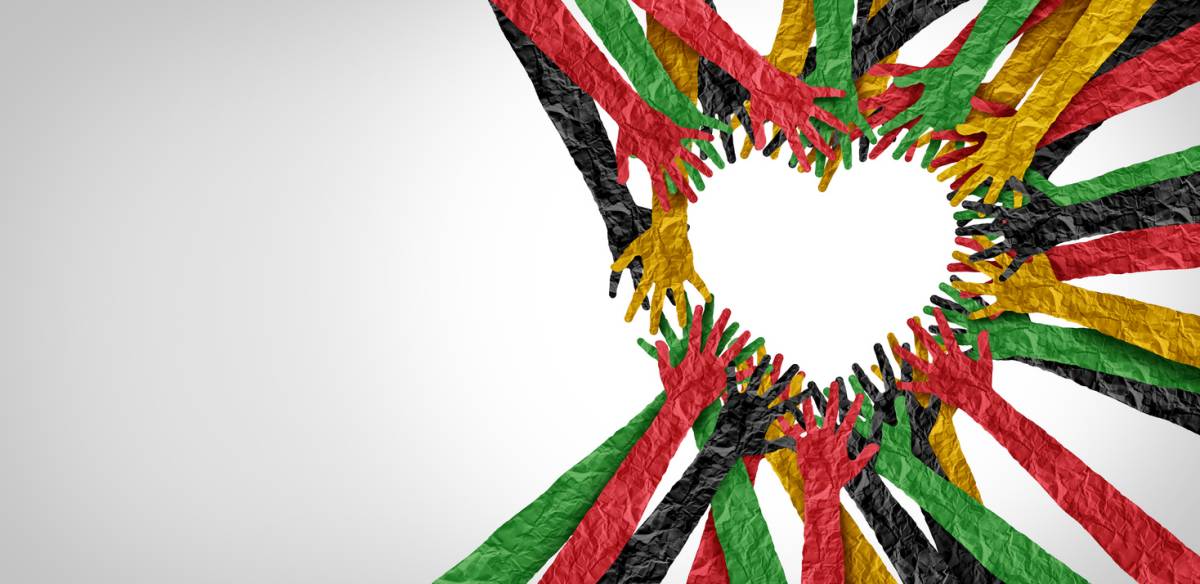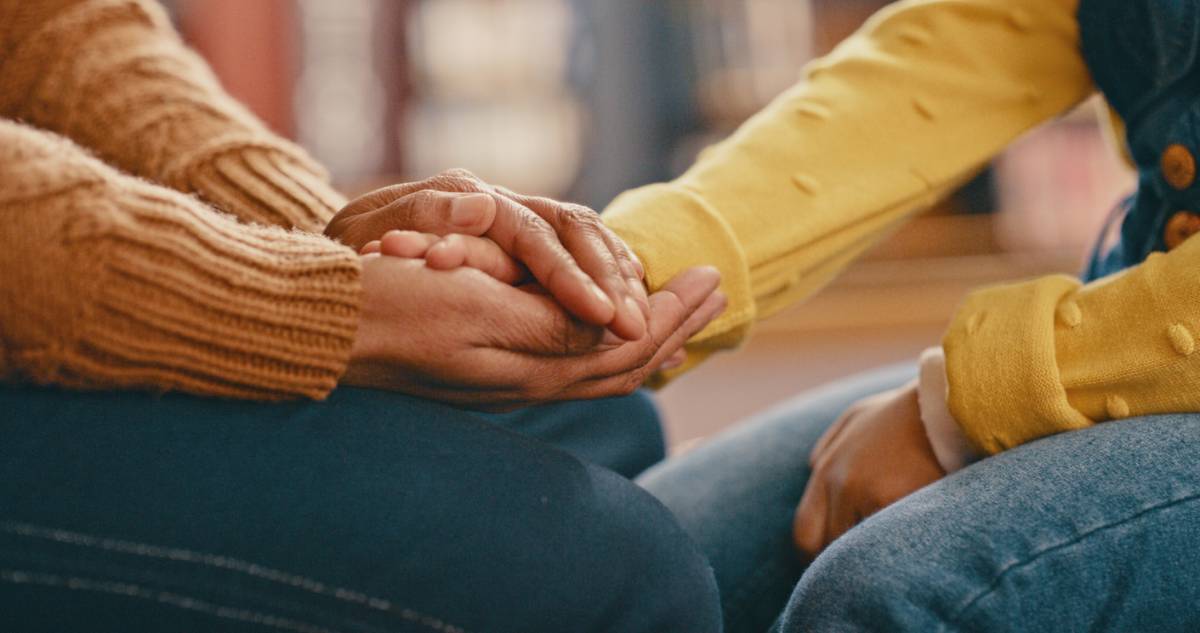This passage comes from Luke’s account of the Sermon on the Mount. The title of this article seems to state the obvious. Of course, the blind cannot lead the blind. But this is a rhetorical question, isn’t it? Jesus gives us a key to understanding the answer when he says to us, “No disciple is superior to the teacher; but when fully trained, every disciple will be like his teacher” (Lk. 6: 49). Who is the teacher he refers to here? It is he himself who is our teacher. In reality, we can never be greater than him, but if we study, if we read the scriptures and the commentaries and the lives of those recognized, Christ-like disciples who’ve gone before us, if we pray over them and take them to heart and begin to live in accord with his teachings, Jesus tells us here that we, too, can become LIKE him. It is, therefore, imperative for all who desire to be his disciples to listen to his words and to submit to his wisdom, for he truly is the greatest of teachers. He is the One who can truly open our eyes to see what our true purpose and meaning are in this world.

Are we humble enough to understand this fact? Or, are we blinded by our own egos, our own ways of thinking? We hear Jesus say further in this passage: “Why do you notice the splinter in your brother’s eye, but do not perceive the wooden beam in your own? How can you say to your brother, ‘Brother, let me remove that splinter in your eye,’ when you do not even notice the wooden beam in your own eye” (Lk. 6: 41-42)? It is ultimately important for us to hear these words and to apply them to our own present lives and to the real circumstances we find ourselves in, both at the most local of levels, our own hearts, our families, our groups of friends, our co-workers, and at the larger level as citizens. It is all too clear these days that the divisions and the tensions that are arising from them are all too real and dangerous. The tensions at the global and national levels are reaching a dangerously fevered pitch. And these tensions are dividing countries, communities, and even families. Blame and accusation have taken the high ground, it seems, and the consequences of this have reached the level of active violence on too many occasions, in every section of society. The blind cannot lead the blind…anywhere. How, then, are we to take Jesus’ words seriously here?
Social media, the daily news, the countless blogs, and internet alternative news sites are full of ever more heated and personal accusations, blame, and finger-pointing. This behavior has been adopted by all sides. When we see only the “splinters” in the other’s eyes, never seeing or admitting to the ‘wooden beams’ of our own faults, failures, and our own sins, the result can be nothing less than division, and worse. Jesus has a very harsh word for this kind of behavior, “Hypocrite!” (v. 42) Are we not seeing the ever more angry, vengeful, even hateful and violent results of such behavior more frequently at this time? If we understand the wisdom of Jesus’ words, that they are wiser and fruitful than all of the variations of human philosophy and ideology put together, should we not, then, take his words more seriously and try to live them more openly in our daily lives, as well as in our civic dialogues? Is it not possible, indeed, even obvious, that if we paid real and intentional heed to his message here in this passage, we would not be experiencing the painful chaos of these present times in our own country and in the world?

Jesus tells us as much when he says, “Remove the wooden beam from your eye FIRST; then you will see clearly to remove the splinter in your brother’s eye” (v. 42). And herein lies a truth that too few of us seem ready to admit. None of us is perfect. Indeed, all of us are sinners. We don’t want to call to mind our own brokenness, our own failures, because we don’t like the feelings of guilt and shame that naturally accompany our sins. Yet, we seem to have no trouble seeing all of the errors and failings, and sins of the other with alacrity. This separates us from them, artificially, for the reality is that we are more alike than we are unalike. If we know and feel the sorrow and the weight of our own sins, we are more able to be less critical and more understanding of others’ sins. We are more capable of empathy, even of compassion. These are among the virtues that prevent, or even heal, divisions before they can become cancerous.
We are reminded here, too, of the words that Jesus gives us in the Lord’s Prayer: “Forgive me my sins/my trespasses, AS I FORGIVE those who sin/trespass against me” (Lk. 11: 4). When we become habituated to blame and accusation, to labelling and name calling, to the language of character assassination, seeing only a dark “enemy” in the other, we have only ourselves to blame for the consequences that all too often follow from these attitudes. If, on the other hand, we see the truth of Jesus’ words here, and are “fully trained” in their wisdom, and we do the hard work needed to remove the ‘wooden beams’ that blind us to our own sins, we will be more able to listen empathetically to the other’s pain and their perspectives that arise from that pain. Then we will be able to see more clearly that our differences are often ‘splinters’ that can be removed from one another’s eyes in ways that enable us to find communion with one another, instead of division.

Forgiveness is the power of redemption. Accusation, blame, stereotyping, and threats of violence belong to another power. In that ‘power’ there is no forgiveness, no capacity for compassion, only death. Once again, Jesus is showing us the eternal wisdom of his way, his truth, and his life. And, in the light of that truth, he is offering us a choice. He never denies our freedom. In that sense, he is saying to us, I put before you life and death; choose one. Which do we choose? That is the question. And our answers will have their own consequences.
SKM: below-content placeholderWhizzco for FHB

